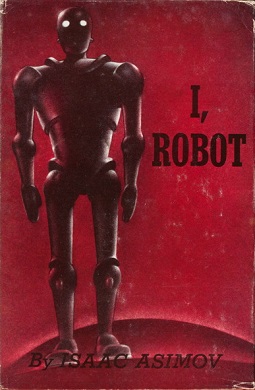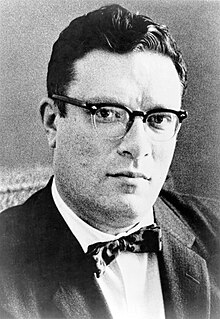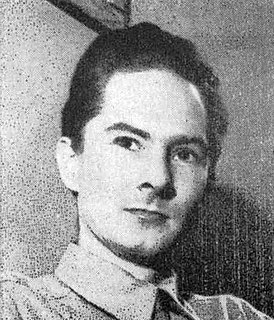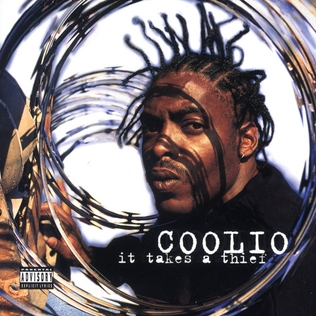Fantastic Voyage is a 1966 science fiction film starring Stephen Boyd and Raquel Welch and novelized by Isaac Asimov

Fantastic Voyage is a 1966 American science fiction film directed by Richard Fleischer and written by Harry Kleiner, based on a story by Otto Klement and Jerome Bixby. The film is about a submarine crew who are shrunk to microscopic size and venture into the body of an injured scientist to repair damage to his brain. The original story took place in the 19th century and was meant to be a Jules Verne-style adventure with a sense of wonder. Kleiner abandoned all but the concept of miniaturization and added a Cold War element. The film starred Stephen Boyd, Raquel Welch, Edmond O'Brien, Donald Pleasence, and Arthur Kennedy.
Fantastic Voyage may also refer to:
- Fantastic Voyage (TV series), an animated series spun off from the film
- Fantastic Voyage II: Destination Brain , a 1987 science fiction novel by Isaac Asimov
- "Fantastic Voyage" (David Bowie song), 1979
- "Fantastic Voyage" (Lakeside song), 1980
- "Fantastic Voyage" (Coolio song), 1994
- Fantastic Voyage (album), a 1980 album by Lakeside
- Fantastic Voyage: The Greatest Hits , a 2001 compilation album by rapper Coolio
- Fantastic Voyage: Live Long Enough to Live Forever , a 2004 non-fiction book by Ray Kurzweil and Terry Grossman
- Fantastic Voyage , a video game developed by Quicksilva and released in 1984.
- Fantastic Voyage , a video game for Amiga, developed by Centaur and released in 1991.

Fantastic Voyage is an American animated science fiction TV series based on the famous 1966 film directed by Richard Fleischer. The series consists of 17 episodes each running 30 minutes. It was run on ABC-TV from September 14, 1968, through January 4, 1969. The series was produced by Filmation Associates in association with 20th Century Fox. It was later shown in reruns on Sci Fi Channel's Cartoon Quest. A Fantastic Voyage comic book, based on the series, was published by Gold Key.

Fantastic Voyage II: Destination Brain is a science fiction novel by American writer Isaac Asimov, published in 1987. It is about a group of scientists who shrink to microscopic size in order to enter a human brain so that they can retrieve memories from a comatose colleague.
"Fantastic Voyage" is a song written by David Bowie and Brian Eno for the 1979 album Lodger. It has almost exactly the same chord sequence as "Boys Keep Swinging", from the same album.






